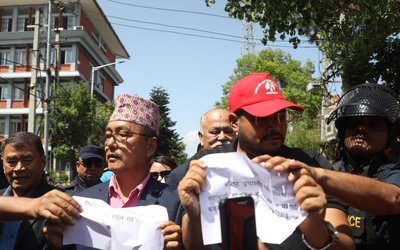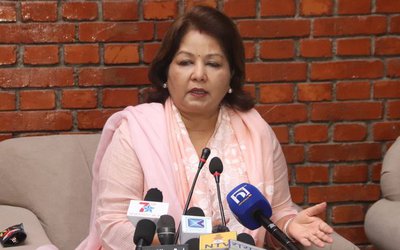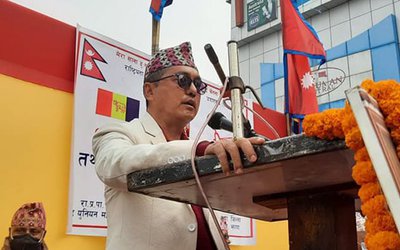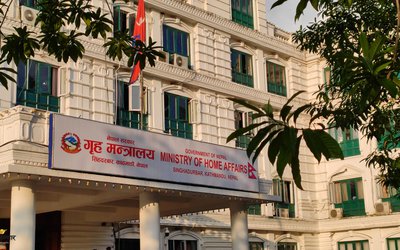More on News






CA member and women activist SAPANA MALLA PRADHAN has been working for the cause of gender equality. She has also backed the Bill on HIV/AIDS in the Legislature Parliament. CA member Pradhan spoke to YOGESH GYAWALI on various issues. Excerpts:
How do you see the state of AIDS in Nepal?
In Nepal, data from National AIDS Center have indicated a high number of housewives are affected and women are more vulnerable not only due to biological reasons but also due to the social/cultural context, where women have no power to negotiate on sexuality. Women are still considered as a subordinate and a commodity.
What are the conditions of women?
A large number of women are in the entertainment industry. Trafficking and migration, which contribute to the spread of HIV/AIDS, are high. Bigamy, though prohibited and illegal, is not null. While multiple sex partners are accepted for men, women cannot even demand for safe sexual behavior. Infected or affected women are also discriminated for inheritance rights. As a result of this, their access to medicines and nutritious food is also limited.
How do you view the National HIV/AIDS strategy under the National Action Plan (2008-2011)?
The National Plan of Action mentions about the need for enactment of a comprehensive law to deal with HIV and AIDS from the human rights perspective. An NGO coalition has even prepared and submitted a draft bill on HIV/AIDS. However, the Ministry of Health is yet to register the Bill in the parliament. Since the present law, instead of protecting and respecting rights, discriminates the victims, a comprehensive law is critical.
As one of the four members of parliament to request to serve as a focal point in the parliament to address HIV/AIDS issue, how do you see your own role?
We have an informal caucus in the parliament and have a commitment to work for the HIV/AIDS law. We are committed to register a private bill. But the Ministry is not taking the initiative and that has been a problem. There have been consultations with some political leaders and parliamentarians. We are speaking in public in Nepal and abroad for the law and doing advocacy within the rights based framework to deal with the vulnerability.
What is the position of the bill?
Political instability and lack of focus from Ministry of Health are the reasons for us not being able to come up with a bill. Political commitment from the Minister and problem recognition by the Ministry and wider public are equally important since the National Plan has already called for a comprehensive bill.








